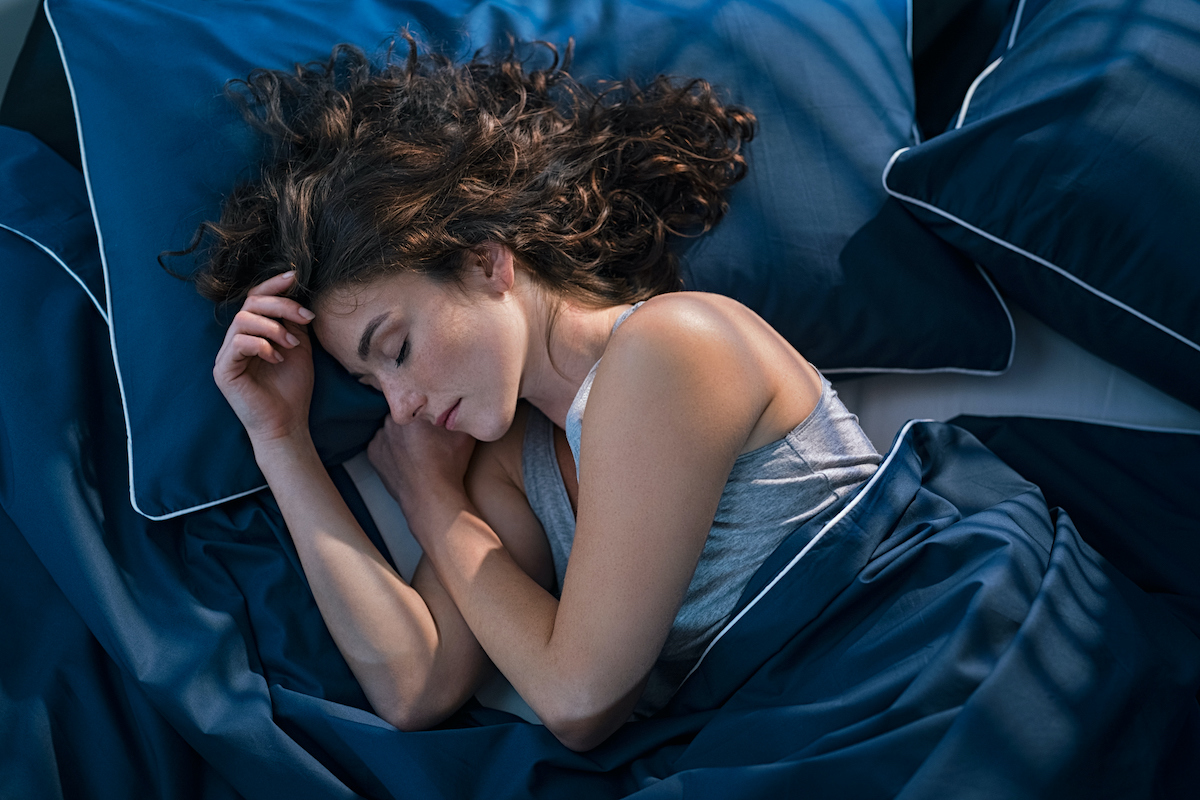Sleep is an essential part of our overall health and well-being. It’s during this time that our bodies repair and rejuvenate themselves, preparing us for the day ahead. However, for many people, getting a good night’s sleep can be a challenge. This is where CBD and THC come into play. In this article, we’ll explore the science of sleep and how CBD and THC can affect your rest and recovery.
Understanding the Science of Sleep
To understand how CBD and THC affect your sleep, it’s important to first understand the science of sleep. There are two main types of sleep: REM (rapid eye movement) and non-REM sleep. During non-REM sleep, your body is in a deep state of relaxation, and your muscles and brain activity slow down. This is the time when your body repairs and rejuvenates itself. During REM sleep, your brain is active, and your eyes move rapidly. This is the time when you dream.
How CBD Affects Your Sleep
CBD, or cannabidiol, is a compound found in the cannabis plant. It’s known for its calming and relaxing effects, making it a popular choice for those looking to improve their sleep. CBD works by interacting with the body’s endocannabinoid system (ECS), which plays a role in regulating sleep, among other things. By interacting with the ECS, CBD can help promote feelings of relaxation and calmness, making it easier to fall asleep and stay asleep.
The Benefits of Using CBD for Sleep
CBD has been shown to have several benefits when it comes to sleep. For example, a 2019 study found that CBD improved sleep in 66.7% of patients with anxiety and sleep disorders. Another study from 2018 found that CBD improved sleep in patients with chronic pain. Additionally, CBD has been shown to reduce REM sleep, which may help reduce nightmares and improve overall sleep quality.
How THC Affects Your Sleep
THC, or tetrahydrocannabinol, is another compound found in the cannabis plant. Unlike CBD, THC is known for its psychoactive effects, which can cause feelings of euphoria and altered perception. When it comes to sleep, THC can help promote feelings of relaxation and drowsiness, making it easier to fall asleep. However, THC can also interfere with REM sleep, which may lead to less restful sleep overall.
The Pros and Cons of Using THC for Sleep
While THC can be effective for improving sleep, there are also some potential drawbacks to using it. For example, THC can cause dry mouth, red eyes, and impaired coordination. Additionally, regular use of THC can lead to tolerance, meaning you’ll need to take more of it to achieve the same effects. There’s also the risk of addiction and withdrawal symptoms if you stop using it.
Choosing the Right Product for Your Sleep Needs
If you’re considering using CBD or THC to improve your sleep, it’s important to choose the right product for your needs. There are many different types of CBD and THC products available, including oils, edibles, and topicals. It’s also important to consider the dosage and potency of the product, as well as any
other ingredients that may be included. When choosing a product, it’s best to start with a low dose and gradually increase as needed. It’s also important to speak with your healthcare provider before using CBD or THC, especially if you’re currently taking any medications.
Other Tips for Getting a Good Night’s Sleep
While CBD and THC can be helpful for improving sleep, there are also other things you can do to improve your sleep hygiene. For example, it’s important to establish a regular sleep schedule and stick to it as much as possible. You should also create a relaxing bedtime routine, such as taking a warm bath or reading a book. Additionally, it’s important to create a sleep-conducive environment, such as keeping your bedroom cool and dark.
Conclusion
In conclusion, getting a good night’s sleep is essential for our overall health and well-being. CBD and THC can be effective tools for improving sleep, but it’s important to choose the right product and speak with your healthcare provider before using them. Additionally, there are many other things you can do to improve your sleep hygiene, such as establishing a regular sleep schedule and creating a relaxing bedtime routine. By taking a comprehensive approach to sleep, you can improve your overall quality of life.




